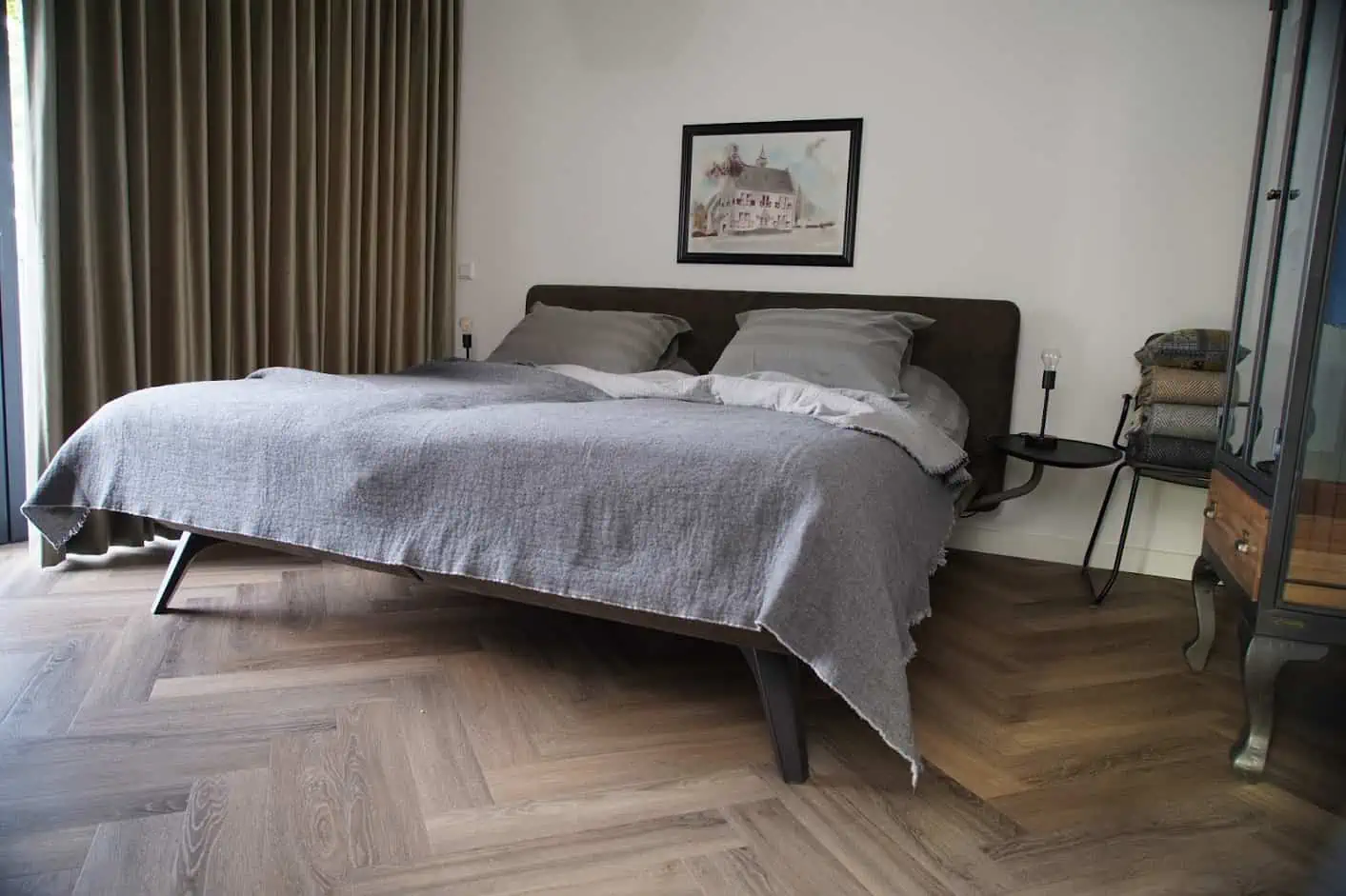
Contrary to popular belief, great sleep isn’t just a ‘nice to have’, it’s a must for your physical health and mental wellbeing. Sleep matters, with your memory, performance, weight, social and emotional intelligence, heart health, mood and immunity all directly affected by just how much shut-eye you’re getting.
A lack of sleep has also been linked to increased stress as Sleep Foundation details:
“Getting appropriate sleep each night can help manage stress. When people wake up refreshed, they avoid the stressors that come with functioning while sleep-deprived, such as poor performance, difficulty thinking clearly, and lack of energy. Quality sleep can also reduce anxiety, depression, and other mental health strains related to stress.”
Despite the many, many benefits of getting a good night’s sleep, a study found that on average Brits sleep for around six hours and 19 minutes every night, falling short of the recommended amount of sleep by some margin. The changing seasons also affect many people’s abilities to achieve that coveted eight hours.
To help you sleep your way to better health, even as we transition from summer to autumn, we’re here to share our advice for creating a cosy sanctuary that enables you to drift into slumber that bit easier…
Embrace the darkness
Whilst the ideal sleep environment may differ from one person to the next, most people sleep better in dark and quiet settings. Light after all regulates your body clock, which means when it’s time for bed, you’ll want to keep exposure to bright light to a minimum.
As well as investing in some blackout blinds or curtains to keep exterior light out of your sleep sanctuary, avoiding light from electronics is also recommended. Any lighting you do have in your bedroom should be low and warm to induce sleep.
Decorate with sleep in mind
The colour of your walls and soft furnishings can influence sleep quality and quantity too. Sleeping in a brightly coloured room is likely to disturb your bedtime routine making it more difficult for you to fall asleep.
When picking the perfect colour palette, opt for colours that are soft, warm and soothing. Deep blues and greens come highly recommended by sleep experts, and could even lower your blood pressure!
Cosy up the natural way
The right bedding is integral to great sleep. Avoid bedding made from synthetic materials, and instead go as natural as possible.
Natural materials like wool and linen are fantastic options for bedspreads. As well as making you as cosy as you can be so you can rest easy, they’re also crafted using breathable fibres that keep the body cool and comfortable all night long. Check out our range of natural bedspreads here.
Get the temperature just right
Your choice of bedding will go some way in keeping you cool, but the wider room temperature also matters. The ideal temperature for a good night’s sleep is between 16 and 18°C. The space should be well ventilated with a good circulation of fresh air too.
Keep it clean and clutter-free
The cleanliness of your bedroom will make a huge difference to how well you sleep, and it pays to be organised. Taking the time to declutter and tidy, keeping your bedding fresh with regular washing, and even making your bed every morning will increase your chances of enjoying better sleep.